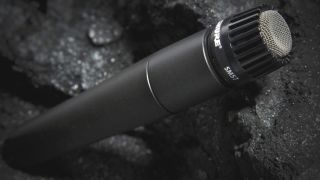"Analogue sounds better to you whether you know it does or you don't – 6 million years of evolution is not gonna be fooled by 30 years of chip design": The front-of-house sound engineer for Van Halen, Rolling Stones and Jeff Beck talks gear
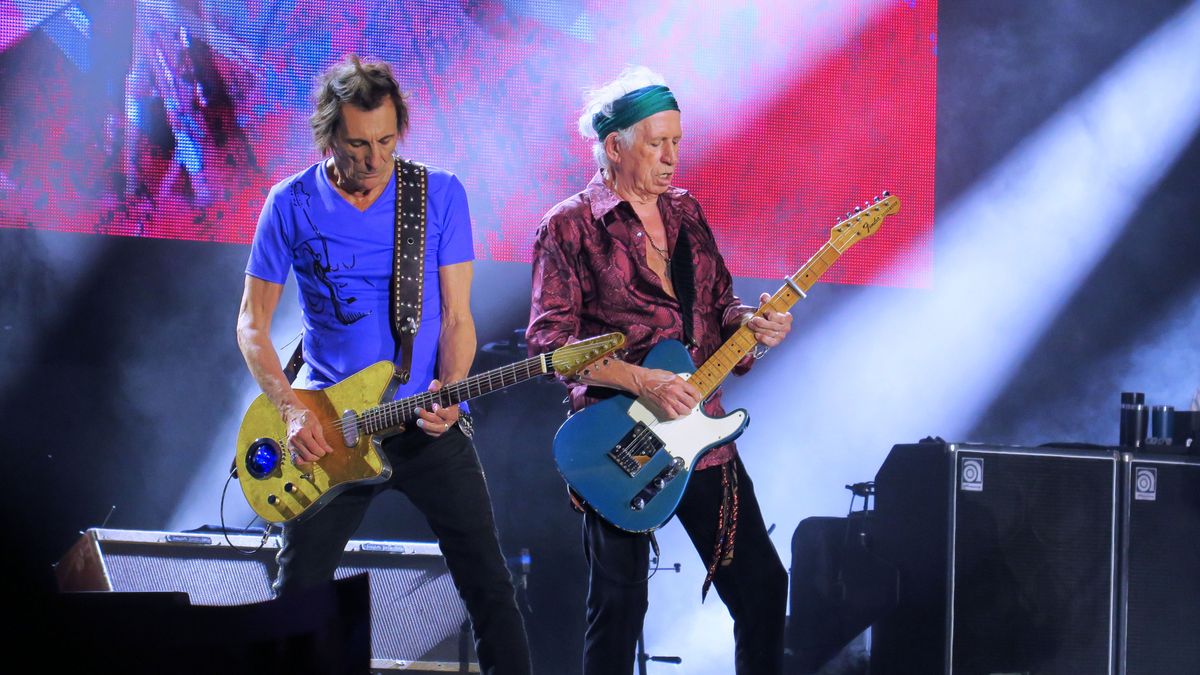
If a show sounds good, it's not just down to the musicians onstage – there's an army of people making sure things go to plan. And the front-of-house sound engineer is a key figure in mixing what we hear, and making sure the myriad components and miles of cables behind delivering an artist's sound live don't fail and leave the audience angry. Dave Natale is one of the very best of that breed with 45 years proving it.
He's worked with the best; Jeff Beck, Eddie Van Halen, The Rolling Stones, Fleetwood Mac, Tina Turner and Prince amongst just some of the artists on his resume – many of who he's worked with for multiple years. Natale's new chat with Rick Beato is essential viewing for not just a musician who plays live, but listeners who want to understand more about what it takes to deliver great sound night after night on the road. But when Beato brought up the sometimes prickly subject of digital Vs analogue gear, Natale had no hesitations on sharing his clear perspective.
"Analogue sounds better to you whether you know it does or you don't – your brain is smarter than you are," begins Natale. "Six million years of evolution is not gonna be fooled by 30 years of chip design. Now that's what I think, but [points to ears] these are analogue and they always will be. If you wanna argue that I'm available all day long and that's the way it is. Analogue is better, it is."
Natale has a story to illustrate his point too – and it throws up the issues of generational experience and perspective. "We did a thing once where we had a CD of the piece of music and the turntable of a piece of music, synced up with a blind tester.
"We'd switch them back and forwards, we'd sync up the playback so it was in sync and you'd switch and you'd listen to A or B, or they would switch it and I said, 'Analogue or digital'; when I heard it. And I was right 9/10 times. They couldn't believe that and the reason [the tester] couldn't believe it was that he was young. So he never heard vinyl, or he never heard enough vinyl to know what it was I was hearing because I heard mountains of vinyl. Because there are little things – there are artifacts… but I picked it 9/10 times. Did I get lucky? Probably."
Perspectives and variables aside, Natale's reputation for delivering the goods night after night means he has a good handle on reliable setups and gear for guitarists and drummers onstage. And yes, when it comes to the best microphones to use his choices have been consistent.
"Beyerdynamic M88 – that's the only one I've ever used," says Natale of his kickdrum mic choice, adding that he prefers the drum hole to be off the side for placement. "There's a little too much attack, dead centre. If you have the holes off to the side you can angle the mic toward the centre of the drum."
Get the MusicRadar Newsletter
Want all the hottest music and gear news, reviews, deals, features and more, direct to your inbox? Sign up here.
"It just sounds good," is Natale's simple reasoning for sticking with the M88, but he has to be prepared before a tour. "The problem is the 88 gets beat up by the concussion," he adds. "So I take about ten to twelve out to rehearsals and I go through them with the drum tech and monitor guy. I sit on the front of the drum riser and I don't listen to them. I let the monitor guy and the drum tech decide.
"The drum tech is listening to the monitors – he knows what his guy wants to hear, so he knows from a relative viewpoint what we're going for. And the monitor guy has the difficult job of making it sound like that. I can do whatever I want to the EQ and it's not going to affect anyone except the audience, so I just switch back and forth between these mics – I hold it in the correct position."
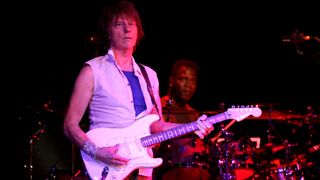
Natale then describes the process of testing each M88 to find the optimum performer, eventually filtering down to around three. "A main, where the two of them agree which one sounds the best, the next one that sounds the best is the spare and then there's a third one just in case."
For the toms it's the industry standard Sennheiser MD421 and on the snare the tried and true Shure SM57, with the old-school approach of top snare mic at the top only for the FOH mix. "I don't use the bottom mic but monitor guys like the bottom mic or some performers want to hear the sizzle so I put the bottom mic on but don't plug it into the console [for the front of house mix]."
For drum overhead mics Natale has opted for Austrian Audio OC18 large diaphragm condensers, and it's Shure dynamics elsewhere:"I have 57s on all the guitars and 58s on the vocals. "It's all old guy standard stuff," adds Natale.
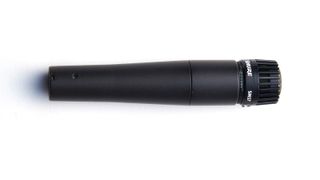
And he doesn't use noise gates or compression on the drums he mixes. "I don't use anything because when you insert something there's another point of failure, if the return on the insert fails that's it – your channel goes down. And I don't want anything interrupting the show because that's not a good scene. That's number one. Number two is I'm kind of lazy. Number three is nobody is there because I'm mixing the show – they don't give two shits who I am, they don't care who I am and I like it that way. They came to see the band on the stage, so I try to present the band like the band, only really loud. I don't tend to mess around with their sound. It’s the band loud, that's it. Goodnight, then I leave."
The loudest thing on the planet has got to be the vocal. At all times
He doesn't rule out the use of a limiter on vocals though. "I'll use a Manley [ELOP Stereo Electro-Optical Limiter] on a vocal because vocalists, when they get excited they give it a little extra sometimes. And this goes to the way I mix – the loudest thing on the planet has got to be the vocal. At all times. When a vocal is going on, you better be able to hear it. Not almost – perfectly. Every word. Because when people are driving around in their cars and a song comes on the radio, they're singing along with the song – they want to hear that vocal. So to get it up loud, compress it a little bit. That's the only thing I would ever use."
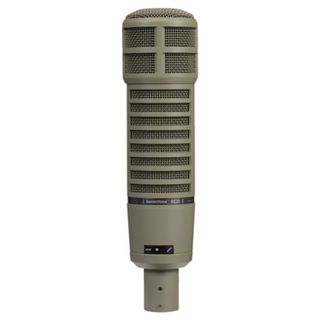
Natale chooses Electro Voice RE20 big diaphragm condenser mics for bass amps. "I don't use a lot of the microphone," he reveals. "If the bassist has a lot of effects there's a pre-DI and a Post-DI. The microphone is there, and you can use it for things, but I find because of the gigantic spaces I'm in, you need as much definition as humanly possible if I want to stand a chance of reaching the guy [in the audience] who's sitting up in the next zip code." Instead the mic is more of a backup if Natale loses the DI signals for any reason.
Check out the full interview video above.

Rob is the Reviews Editor for GuitarWorld.com and MusicRadar guitars, so spends most of his waking hours (and beyond) thinking about and trying the latest gear while making sure our reviews team is giving you thorough and honest tests of it. He's worked for guitar mags and sites as a writer and editor for nearly 20 years but still winces at the thought of restringing anything with a Floyd Rose.
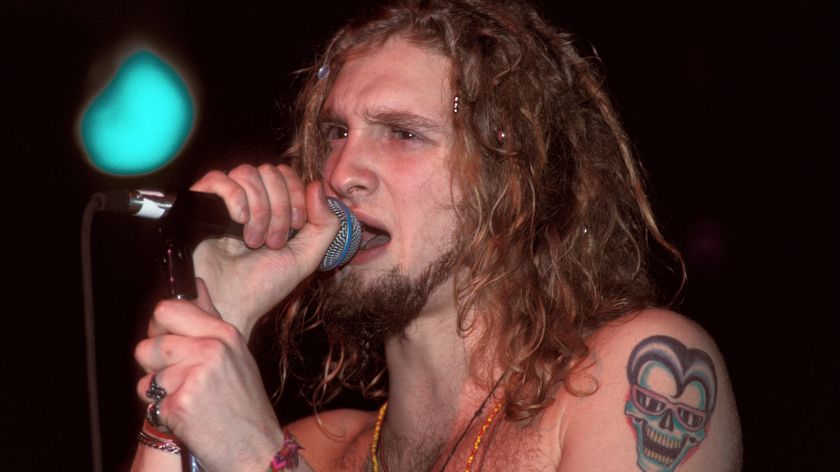
“Radio stations all said Layne’s voice is wrong”: Alice In Chains and Jane’s Addiction producer Dave Jerden helped to define the sound of alternative rock
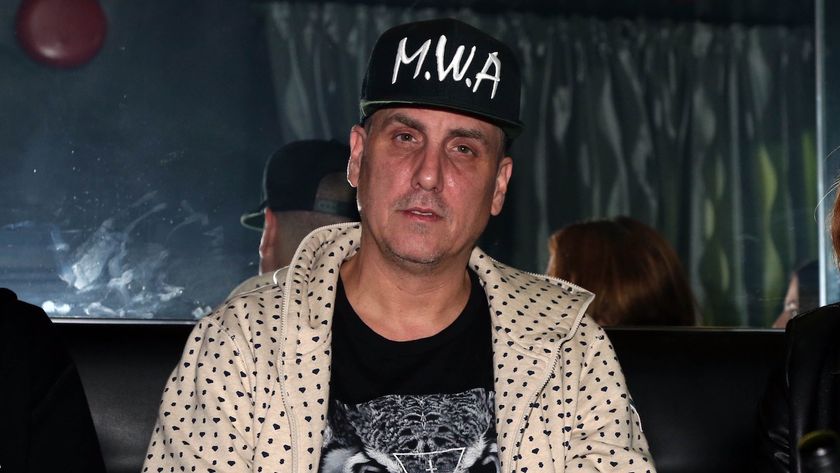
“U wanna hear the raw files”: Producer Mike Dean tells streamers to switch off auto levelling on every music platform, and hear the music as it was meant to be heard
Most Popular










